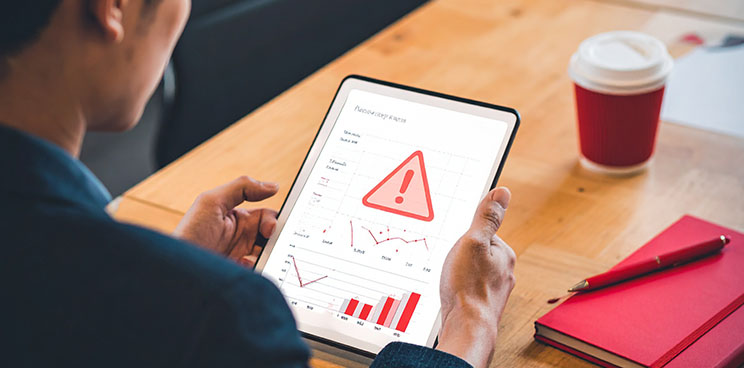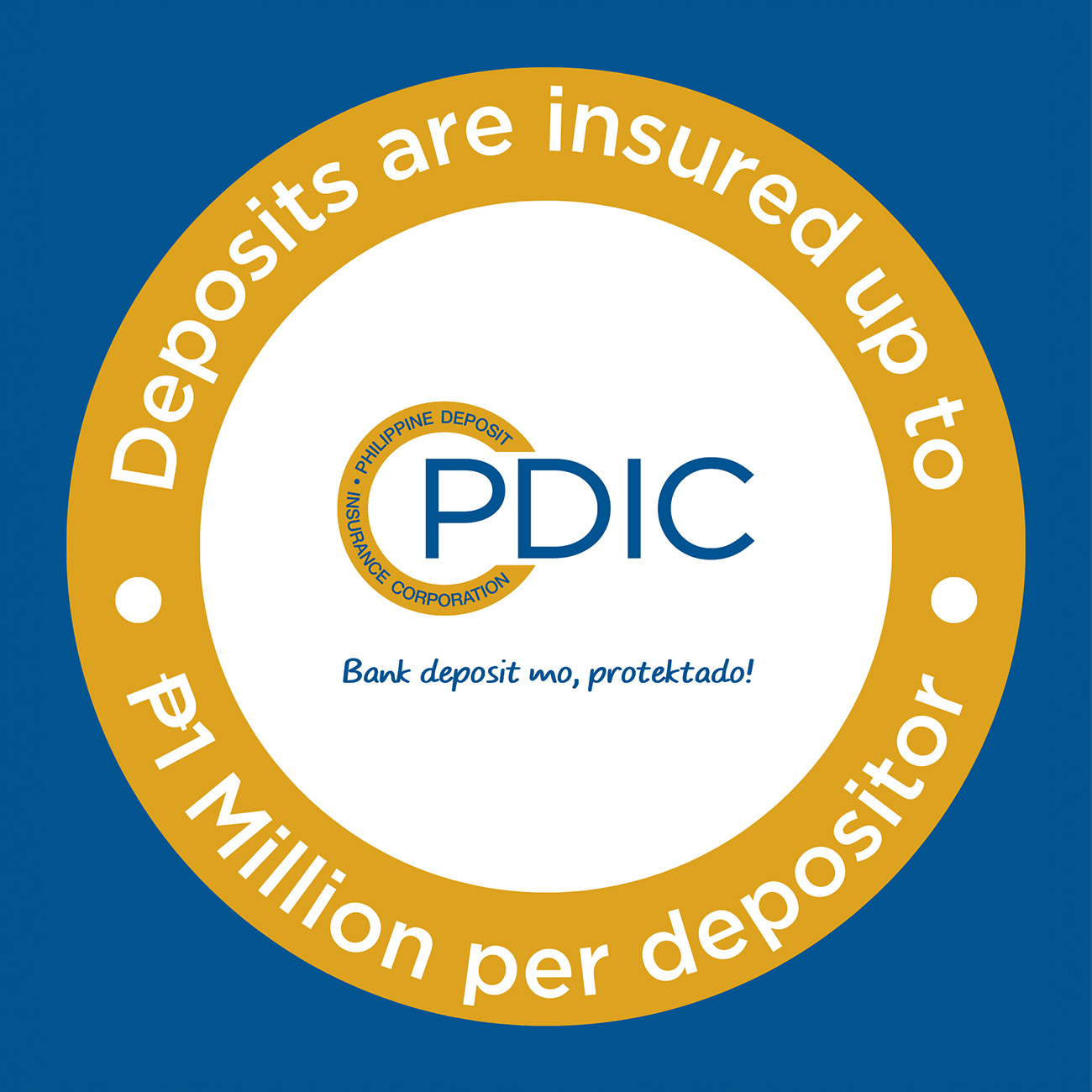Investing is a crucial first step for anyone seeking to grow their wealth and make smarter financial decisions. Yet for many, the idea of putting a significant amount of money into stocks, bonds, or funds feels intimidating. Questions like “Where do I begin?” or “What if I lose money?” often hold people back.
The truth is, investing doesn’t have to be complicated. With the right knowledge and preparation, anyone can build a portfolio that grows steadily over time. Understanding how to start investing equips you with a solid foundation—one that makes the process less overwhelming and far more rewarding.
Why should you invest? The answer lies in how our financial needs evolve. Relying on a monthly salary alone is no longer enough to cover life’s rising expenses, prepare for emergencies, or secure retirement. Inflation erodes purchasing power over time, meaning that the money you keep idle in a savings account gradually loses value.
Investing allows your money to work for you. The proper investment channels enable your money to grow despite economic uncertainty. In short, investing isn’t just about building wealth—it’s about protecting your future. It helps you achieve long-term goals, such as buying a home, funding education, or enjoying financial security later in life.
While investing offers promising opportunities for financial growth, it starts with careful planning so you can reap the rewards over time. Here are the key first steps in investing to help you build confidence and set yourself up for success:
1. Define Your Goals
Ask yourself: Why do I want to invest? Goals can be short-term, such as saving for a vacation, or long-term, like funding retirement. The clearer your purpose, the easier it is to choose the right investment products. Setting goals also helps you stay disciplined, especially when market conditions fluctuate.
2. Assess Your Risk Tolerance
A crucial part of how to start investing money is understanding that every investment carries some level of risk. If you panic at the thought of losing even a small amount, conservative investments like government bonds may suit you better. If you’re willing to take on more risk for higher potential returns, equities or mutual funds may be ideal.
Knowing your risk tolerance shapes your strategy from the start.
3. Decide When to Start
A common question is “When to start investing?” The simple answer: as soon as possible. Time is your strongest ally because of compounding. Compound interest is the process by which you earn interest not just on the money you initially save or invest (the principal), but also on the interest that has accumulated over time.
This means your money grows faster because each period’s interest is added to the principal, and the next interest calculation is based on this larger amount. Even small amounts invested early can grow substantially over time. Waiting too long often means missed opportunities for growth.
4. Determine How Much to Invest
First-time investors often wonder how much they should start with. It all depends on your financial situation.
A good practice is to set aside a percentage of your income after covering essentials and maintaining an emergency fund. Even if you start small, consistency matters more than size. Over time, this habit builds momentum and creates meaningful results. Some banks offer online investments for as low as PHP 1,000.
5. Choose Where to Invest
One of the most important steps in investing is understanding the different investment options or channels available to you. Knowing these choices helps you make informed decisions about your money based on your goals and comfort level.
Here are options you can explore:
- Savings Accounts. A savings account is the simplest way to start investing. You put your money in a bank, and it earns a small interest over time. It’s very safe, and you can access your money anytime. However, the returns are usually low compared to other investments.
- Time Deposits. This is similar to a savings account, but for a fixed period, typically months or years. The bank pays you a higher interest because you agree not to withdraw your money until the term ends. It’s a good option if you don’t need immediate access to your funds and want slightly better returns.
- Government Bonds. When you buy government bonds, you’re lending money to the government, which then pays you interest regularly. Bonds are quite safe and offer better returns than savings accounts. They usually come with a set timeframe, after which you get your money back.
- Mutual Funds. Mutual funds let you pool your money with other investors. A fund manager invests this combined money in stocks, bonds, or other assets. It’s a way to grow your money without having to choose individual stocks yourself.
- Stocks. Stocks mean owning a small part of a company. When the company grows and earns money, the value of your shares increases. Stocks can give higher returns but come with more risks. It’s best to start learning about how the stock market works before diving in.
- Real Estate. Investing in property like houses, condos, or land can be a way to grow your wealth and even earn rental income. It usually requires a higher upfront investment, but many people view it as a means to secure their future.
- Unit Investment Trust Funds. Think of UITFs as another way to invest money in a mix of assets managed by experts. Banks and trust companies offer UITFs, which are easy to access and can suit different risk levels.
6. Diversify Your Portfolio
Don’t put all your money in one place. Spread investments across asset types to balance risk. Diversification protects you from losing everything if one investment underperforms. Think of it as building a safety net that supports steady growth.
7. Understand Your Timeline
Your investment strategy will differ based on when you’ll need the money. Saving for retirement decades in the future allows for riskier investments with higher growth potential. Saving for tuition fees within five years requires safer, short-term instruments. Time frames directly influence your choices.
8. Learn From Experts
For beginners wondering how to start investing in the Philippines, guidance from professionals can make a huge difference. Advisors can help you understand products, align investments with goals, and avoid common mistakes. Seeking advice is a smart way to protect your money and maximize results.
Investment Banking: Paving the Way to Financial Security
Investing has become more accessible, even to those without a financial background. Follow these tips so you can navigate your investment journey with assurance and clarity:
Stay Consistent
The market will rise and fall, but sticking to regular contributions is key. Consistency allows you to buy more when prices are low and less when prices are high. This smooths out risks over time and helps you invest without worrying about timing the market perfectly.
Think Long-Term
Short-term speculation often leads to stress and poor decisions. The best way to start investing is with patience and discipline. Long-term investors benefit from compounding returns and are less affected by short-term volatility.
Stay Informed
Financial markets change. Reading about trends, attending seminars, or consulting professionals helps you stay updated. Continuous learning builds confidence and enables you to make smarter choices.
Use Regulated Institutions
Never risk your money with unregulated schemes or suspicious apps. Working with trusted institutions, such as banks and licensed providers, ensures investments are transparent.
Investment banking plays a key role here by helping create stable financial environments that support secure and well-regulated investment products.
Review and Adjust Regularly
Your life circumstances and goals will change. Review your portfolio at least once a year to see if adjustments are needed and ensure your investments continue to serve your best interests.
Begin Your Investment Journey Today
Investing may feel overwhelming at first, but with preparation and knowledge, it becomes one of the most empowering financial decisions you can make. The right time to invest is now. Small steps taken today can create meaningful results tomorrow.
Visit your bank to talk to an expert who can provide you with personalized assistance on your investment journey.








